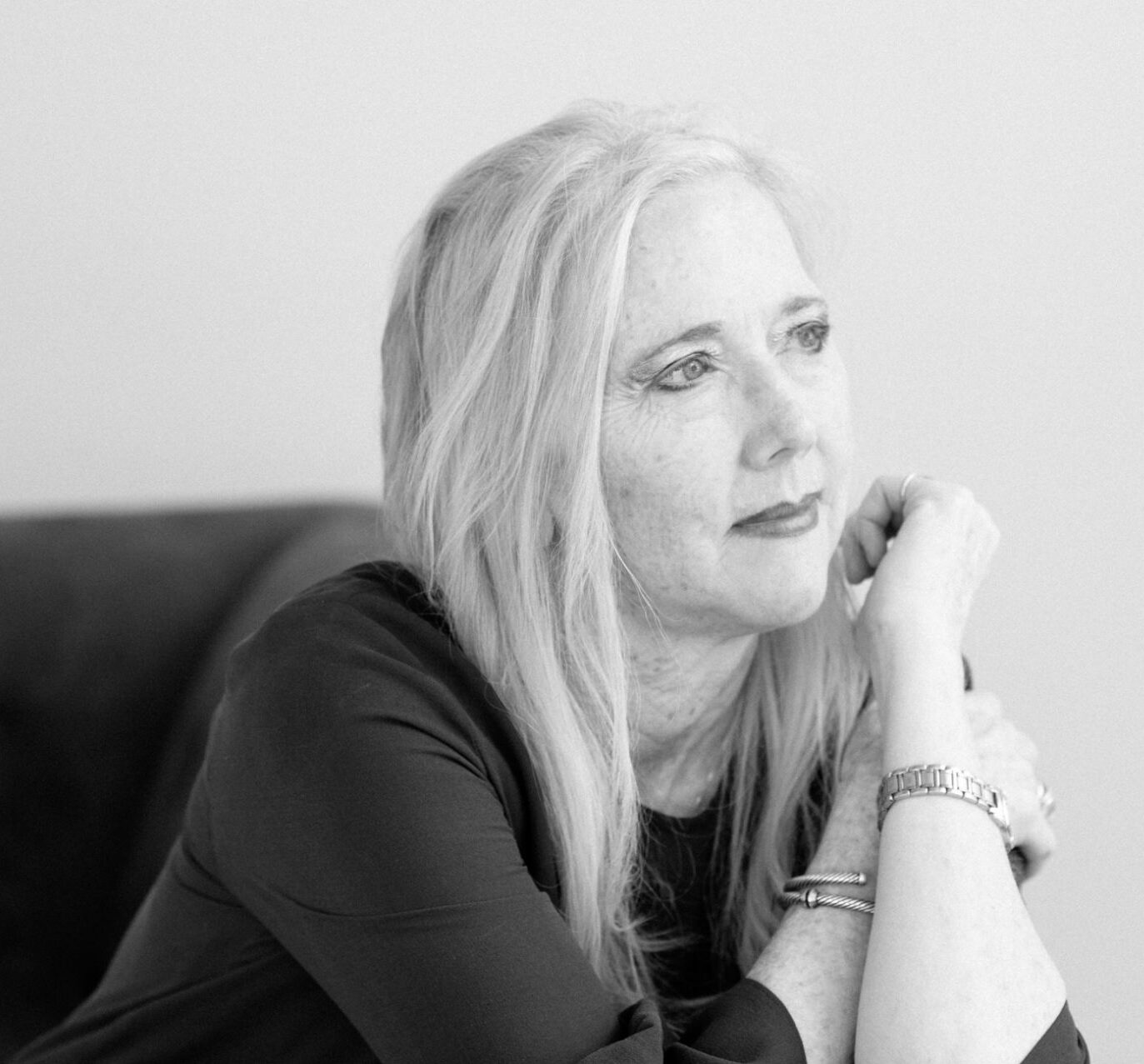“Why ‘God Ache’? This moniker was an attempt to lean into my post-COVID, postpartum poetry apartness, my unsettled longing for both the constraint and dilation that poetry, like belief, affords. . . .”
After the appearance of Madrigalia: New & Selected Poems and a debut novel, Paradise Close, in fairly quick succession in 2021 and 2022, I found myself—as writers sometimes do after work done over a long period is finally “captured” between covers—in an unsettled relationship with my work, with what might come next. I had started a second novel before Paradise Close came out and while grappling with that began to try my hand at writing some short fiction as well. I continued writing book reviews and of course reading the intrepid poems of my undergraduate and graduate students. But I felt apart from and adrift about poems, my own poetry praxis. The pile of battered Moleskines in which I’d feverishly penned the sonnet-haunted madrigals, the new poems in Madrigalia, often one a day for many, many months, lay stacked on my desk, the most recent notebook largely untouched.
Did this have to do, I wondered, with my fledgling interest in narrative, in longer forms that require—at least for me, as I am learning—a patience and duration different from the kind of energy required of the poems I am drawn to writing? My friend, the writer Deborah Eisenberg, once told me that she had “to grow a new brain” after each new book appeared. Always a sprinter, never a cross-country runner, I wondered if these new practices in stamina (and in simply being a beginner in a new genre) might be changing my relationship to my own poems?
In the late winter/early spring of 2023, I decided to resurrect (so to speak) a Lenten poetry practice of many years that I’d abandoned while working on my first novel: an attempt—rather than “giving up” the Girl Scout Thin Mints that often flew in at the same time—to write a short poem a day for the forty days of that penitential season. My poetry books all contain some vestige of these earlier Lenten exercises—poems I called “penances” or “mortifications” or “vernal etudes.” The “God Ache” series, on which I continue to work, began a year ago as part of this for a while neglected custom.
Why “God Ache”? This moniker was an attempt to lean into my post-COVID, postpartum poetry apartness, my unsettled longing for both the constraint and dilation that poetry, like belief, affords. “[A] living fence. A wielding. A yield,” as the poem “God Ache: espalier” concludes. Most poems in the series continue to be haunted by the ghost of the sonnet, probably for that form’s very pitch of restraint and beyond-ing the speaker herself is seeking—both eternity and bondage in the face of certain loss: of our rented time in our bodies, our relationships as we know them, the planet itself. These “God Ache” poems have become a way, for me, of living with that terrible uncertainty, holding it, so to speak, if only for a moment:
I know that true & chosen love
is the native country. Summer’s freedom
succumbing, each to each, in season’s bondage
But what’s really next? Dive-bombing
leaves or cinereous primeval forests, glacial weeping?
Diabolical? Still living? Beyond both, but still believing?
Lisa Russ Spaar is the author of fourteen books, most recently Madrigalia: New & Selected Poems (Persea Books, 2021), and a novel, Paradise Close (Persea Books, 2022). Her honors include a Rona Jaffe Award, a Guggenheim Fellowship, the Library of Virginia Prize for Poetry, and the Carol Weinstein Prize. She is a Professor of English at the University of Virginia.
Photo of Lisa Russ Spaar courtesy of Jen Fariello.
